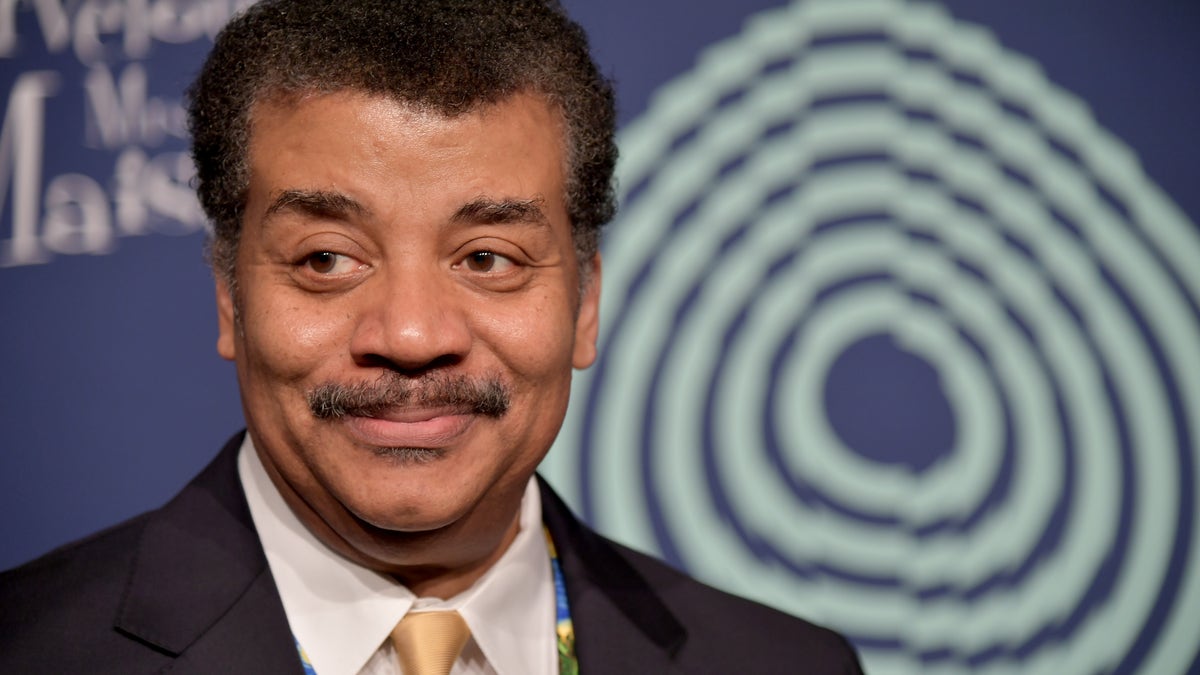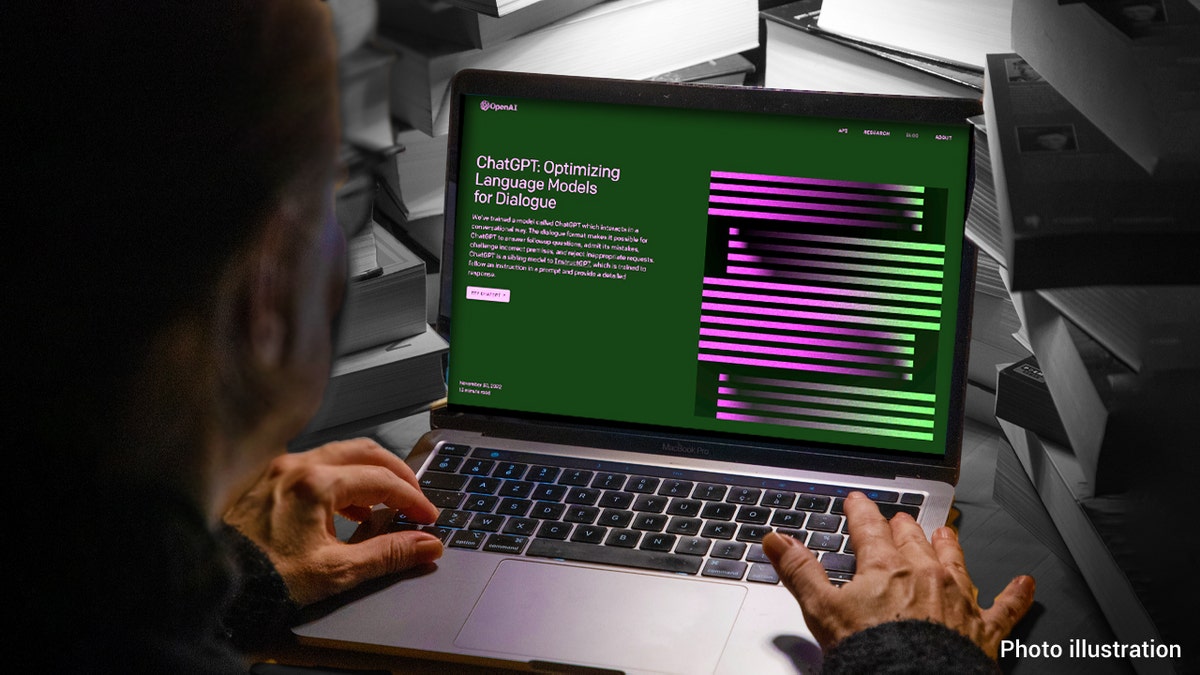Astrophysicist Neil deGrasse Tyson warns AI could be 'nail in the coffin' for the internet
The 'Fox & Friends' co-hosts discussed concerns surrounding artificial intelligence and how it will impact the internet moving forward.
Astrophysicist Neil deGrasse Tyson sees artificial intelligence as a much-needed stress-test for modern society, with a view that it will lead humanity to refine some of its more outdated ideas and systems now that the "genie is out of the bottle."
"Of course AI will replace jobs," Tyson said in comments to Fox News Digital. "Entire sectors of our economy have gone obsolete in the presence of technology ever since the dawn of the industrial era.
"The historical flaw in the reasoning is to presume that when jobs disappear, there will be no other jobs for people to do," he argued. "More people are employed in the world than ever before, yet none of them are making buggy whips. Just because you can’t see a new job sector on the horizon, does not mean it’s not there."
AI has proven a catalyst for societal fears and hopes since OpenAI released ChatGPT-4 to the public for testing and interaction. AI relies on data to improve, and as a large language model system, that data comes from conversations, prompts and interactions with actual human beings.
HARRIS TAKES LEAD AT AI MEETING WITH TECH CEOS AS BIDEN LIGHTENS HIS WHITE HOUSE SCHEDULE

Neil deGrasse Tyson attends the 23rd Annual Webby Awards on May 13, 2019, in New York City. (Michael Loccisano/Getty Images for Webby Awards)
Some tech leaders raised concerns about what would come next from such a powerful AI model, calling for a six-month pause on development. Others discussed the AI as potentially the most transformative technology since the industrial revolution and the printing press.
Tyson has more consistently discussed the positive potential of AI as a "long-needed, long-awaited force" of "reform."
"When computing power rapidly exceeded the human mental ability to calculate, scientists and engineers did not go running for the hills: We embraced it," he said. "We absorbed it. The ongoing advances allowed us to think about and solve ever deeper, ever more complex problems on Earth and in the universe."
AI COULD BE ‘NAIL IN THE COFFIN’ FOR THE INTERNET,' WARNS ASTROPHYSICIST

Gayle King and Neil deGrasse Tyson at The 92nd Street Y on Oct. 19, 2022, in New York City. (Gary Gershoff/Getty Images)
"Now that computers have mastered language and culture, feeding off everything we’ve put on the internet, my first thought is – cool, let it do thankless language stuff that nobody really wants to do anyway, and for which people hardly ever get visible credit, like write manuals or brochures or figure captions or wiki pages," Tyson added.
He argued that teachers worrying about students using ChatGPT or other AI to cheat on essays and term papers could instead see this as an opportunity to reshape education.
"If students cheat on a term paper by getting ChatGPT to write it for them, should we blame the student? Or is it the fault of an education system that we’ve honed over the past century to value grades more than students value learning?" Tyson asked.
GOOGLE DEEPMIND CEO MAKES PREDICTION ON WHEN HUMAN-LEVEL AI WILL BE HERE

The ChatGPT artificial intelligence software, which generates human-like conversation. (Getty images)
"ChatGPT may be the long-needed, long-awaited force to reform how and why we value what we learn in school.
"The urge to declare ‘this time is different’ is strong, as AI also begins to replace our creativity," he explained. "If that’s inevitable, then bring it on.
"If AI can compose a better opera than a human can, then let it do so," he continued. "That opera will be performed by people, viewed by a human audience that holds jobs we do not yet foresee. And even if robots did perform the opera, that itself could be an interesting sight."
CLICK HERE TO GET THE FOX NEWS APP
While some worry about the lack of oversight and legislation currently in place to handle AI and its development, Tyson noted that the number of countries with AI ministers or czars "is growing."
"At times like this, one can futilely try to ban the progress of AI. Or instead, push for the rapid development of tools to tame it."









































